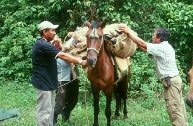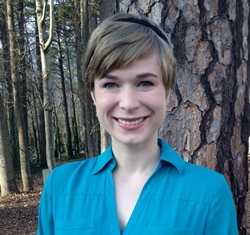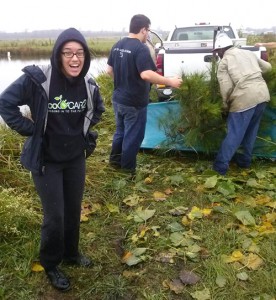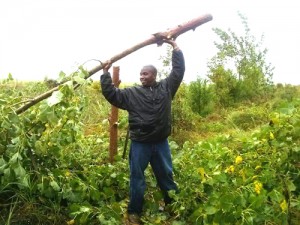“International extension agents”— that’s how CAMCORE director Bill Dvorak sometimes refers to the people who work for CAMCORE (the Central America and Mexico Coniferous Resources Cooperative), a nonprofit international tree-breeding organization headquartered at North Carolina State University (NCSU).
Although formally launched in 1980, Dvorak said the organization’s origins date back to the 1970s. “In the late 1970s there were some foresters from the United States—professor Bruce Zobel here at NCSU, and [Carl Gallegos] from International Paper company, and several other folks who went down to Guatemala and saw that many of the pine forests were being destroyed by woodcutters,” he said. “Forty percent of all the pine species in the world occur in Mexico and Central America, so it’s kind of a center of genetic diversity for the pines and, since Zobel had a lot of experience working with industrial cooperatives, and industrial, private sector members, he said, ‘Why can’t we form a industrial cooperative to conserve the genetic material of pines from Central America and Mexico in other, more protected, places?’”
This, generally speaking, is what CAMCORE does today. CAMCORE personnel travel to a threatened forest stand to collect the seed of a particular species. Some of the seeds may be put into longterm storage, while others are planted on members’ land in more protected areas in genetic field trials (or progeny tests) and conservation areas (referred to as “ex situ conservation banks”) in countries around the world with similar climates. Then the CAMCORE staff based at NCSU analyzes the data from the trials and produces annual summaries to help members decide what to grow in what location.
An excerpt from The Forestry Source – January 2014, Vol. 19, No. 1
Article author – Joseph M. Smith, The Forestry Source Managing Editor, smithj@safnet.org








